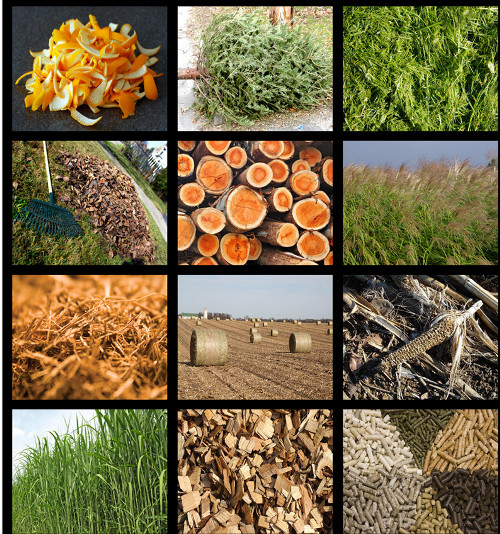Vietnam imported technology to turn straw into gasoline gasoline
Agricultural residues of straw, grass, corn . will be converted into fertilizer, sugar and aircraft gasoline.
On the afternoon of May 31, the Science and Technology Construction Investment Project Management Board, the Ministry of Science and Technology organized the signing of the transfer of Carbolosic agricultural waste treatment technology . Technology developed by PhDs at Central Florida University (USA). Quang Ninh is the first locality to receive this technology transfer in July.

Agricultural by-products will be the input materials of waste treatment technology.
The inventor Walsh Joseph John, co-author of the technology, said the technology uses agricultural byproducts as inputs to produce sugar, fertilizer, ethanol. Ethanol is the most widely produced fuel but has many drawbacks: low energy content, hydrophilicity and starch or sugar origin. So Carbolosic proposed combining patented cellulose with sugar technology (CTS) with standard fermentation and chemical processing to capture a biofuel for aviation.
Technological process consists of eight steps: Reduce size; cellulose reaction into sugar (CTS); floating; centrifugal; ferment; distillation; Water separation and chemical treatment.
With the design of separating each module, Mr. Walsh Joseph John said that it is possible to move the system to areas where agricultural harvests are available for on-site treatment, limiting costs. To process a kilogram of garbage costs only 0.5 cents (less than 200 VND).
According to Ms. Nguyen Thi Hai Thu, Deputy Director of the Management Board of Science and Technology Specialized Investment Project Management, the Ministry of Science and Technology is suitable to solve the problem of environmental pollution. Instead of people having to burn and bury agricultural by-products every harvest, the technology will help make use of waste to be processed into useful products.
Statistics of the Ministry of Agriculture and Rural Development, each year the country discharges 34 million tons of agricultural by-products. 70% of them can be resources for production and life if recycled. For a long time, agricultural waste is rarely used but is often burned in the field causing environmental pollution.
- Turn straw into ... fuel
- Technology for treating straw into organic fertilizer
- Turn straw into money
- Users do not need to worry about using E5 gasoline
- High-tech house walls
- Biological products turn straw into organic fertilizer
- Things to know about E5 gasoline
- Turn straw into fertilizer, save thousands of billion dong
- Removing A83 gasoline is beneficial to the environment
- Turn gasoline from 1 to 2: New invention or illusion?
- Passenger aircraft will run on sawdust and straw?
- The farmer and the straw turned into money
 'Barefoot engineer' invents a pipeless pump
'Barefoot engineer' invents a pipeless pump Process of handling dead pigs due to disease
Process of handling dead pigs due to disease Radiometer
Radiometer Warp Engine: Technology brings us closer to the speed of light
Warp Engine: Technology brings us closer to the speed of light NASA's most interesting inventions, seemingly far-fetched but often used by everyone
NASA's most interesting inventions, seemingly far-fetched but often used by everyone  Russia creates 50 qubit ion quantum computer
Russia creates 50 qubit ion quantum computer  The first Vietnamese person to be honored with the TechWomen 100 award
The first Vietnamese person to be honored with the TechWomen 100 award  Special secret helps a cerebral palsy patient graduate high school
Special secret helps a cerebral palsy patient graduate high school  Above all, watch 3D right on regular eyeglasses
Above all, watch 3D right on regular eyeglasses  Long-range wireless charging technology for flying drones
Long-range wireless charging technology for flying drones 